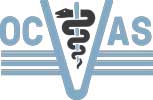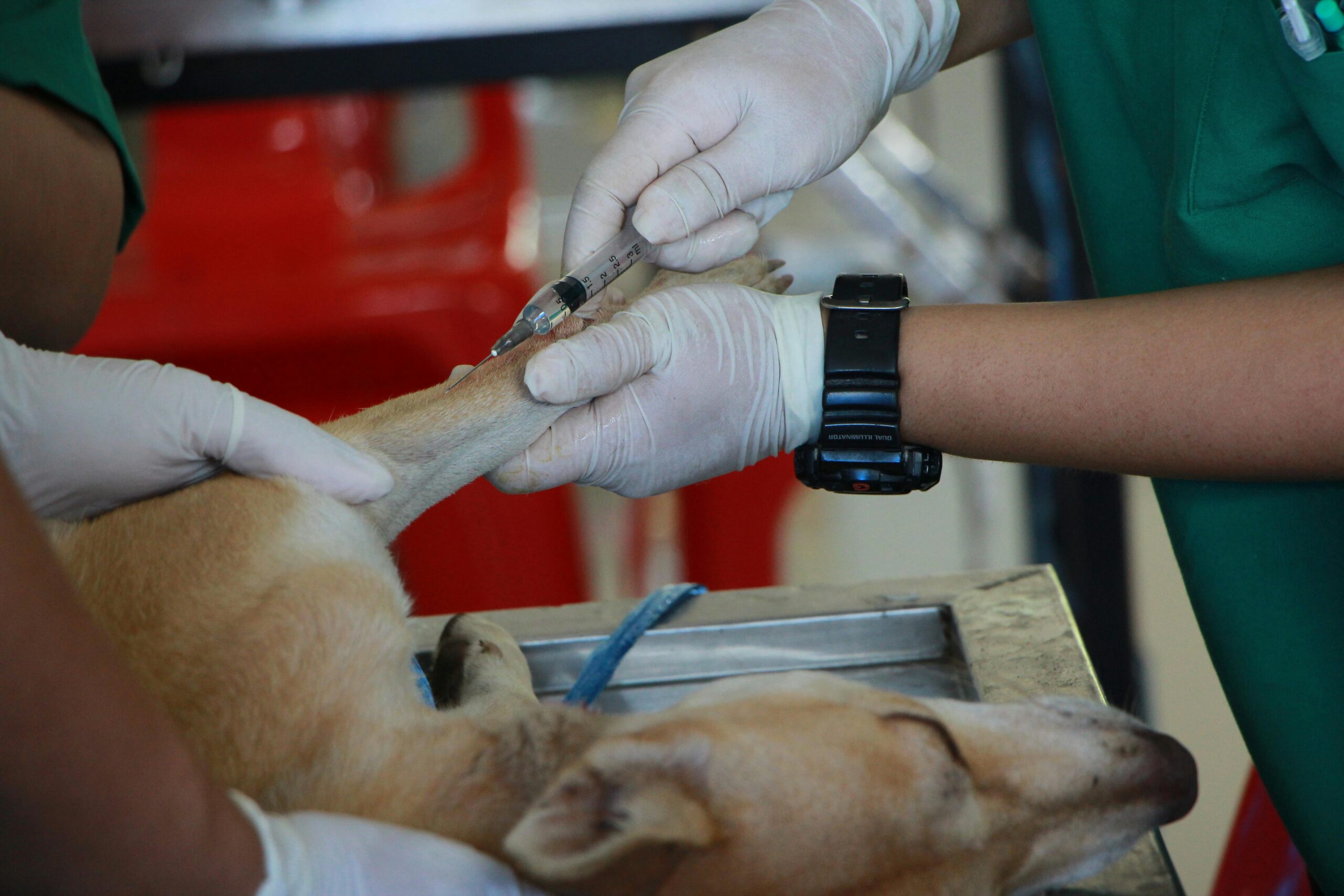In the dynamic world of veterinary medicine, professionals are continuously faced with the challenge of balancing the welfare of animals with the demands of modern veterinary practice. The core values and principles of veterinary medical ethics guide veterinarians, veterinary students, and professionals in making decisions that respect the well-being and rights of animals, ensuring ethical treatment and promoting public health.
The Essence of Veterinary Medicine and Animal Welfare
Veterinary medicine is not just about treating illnesses; it’s a calling that demands a deep understanding of animal welfare science. The well-being of animals—whether companion animals, farm animals, or those in biomedical research—is paramount. This field extends beyond healthcare to encompass ethical considerations about the treatment and quality of life of animals. The American Veterinary Medical Association (AVMA), along with institutions like the School of Veterinary Medicine in various universities across the USA and the Royal College of Veterinary Surgeons (RCVS) in London, plays a crucial role in setting the standards for veterinary care and ethics.
Navigating Ethical Dilemmas: From Euthanasia to Animal Rights
Veterinary professionals face myriad ethical dilemmas, from euthanasia to the ethics of animal research. These situations require veterinarians to weigh factors such as animal suffering, the expectations of animal owners, and broader societal implications. The decision-making process is influenced by the principles of veterinary medical ethics, which include respect for life, compassion, and the promotion of animal welfare. Publications like “An Introduction to Veterinary Medical Ethics: Theory and Cases” by Rollin and other scholarly works on platforms like Google Scholar provide invaluable insights into these complex issues.
The Role of Education and Continuing Professional Development
The veterinary profession’s commitment to ethics and animal welfare is reinforced through veterinary education and continuous professional development. Veterinary students learn not only the science behind animal healthcare but also the ethical considerations that guide veterinary practice. Schools of veterinary medicine globally, from the USA to Oxford and beyond, incorporate animal welfare science and veterinary medical ethics into their curricula, preparing the next generation of veterinarians to make informed, ethical decisions.
Collaborative Efforts in Promoting Animal Welfare and Public Health
The intersection of veterinary medicine, animal welfare, and public health is a fertile ground for collaboration among veterinarians, bioethicists, researchers, and stakeholders. Organizations like the World Organisation for Animal Health (OIE) and publications by Wiley-Blackwell and Springer contribute to the ongoing dialogue on improving the welfare of animals through research, policy, and practice. These efforts are complemented by advancements in animal welfare science and bioethics, offering new perspectives and solutions to age-old ethical questions.
The Importance of Ethical Guidelines and Professional Conduct
The veterinary profession is guided by ethical guidelines and codes of conduct, such as the AVMA’s Principles of Veterinary Medical Ethics and the RCVS’s professional ethics. These guidelines emphasize the importance of collegiality, integrity, and the responsible use of interventions in veterinary practice. Ethical guidelines serve as a compass for veterinary professionals, aiding them in navigating the complexities of their role in society and the healthcare system.
Engaging with Veterinary Ethics and Animal Welfare
The field of veterinary ethics and animal welfare is evolving, driven by scientific advancements, societal expectations, and a deeper understanding of animal rights and well-being. For those interested in diving deeper into this fascinating subject, resources like scholarly articles, ethical case studies, and educational programs offer a wealth of knowledge.

